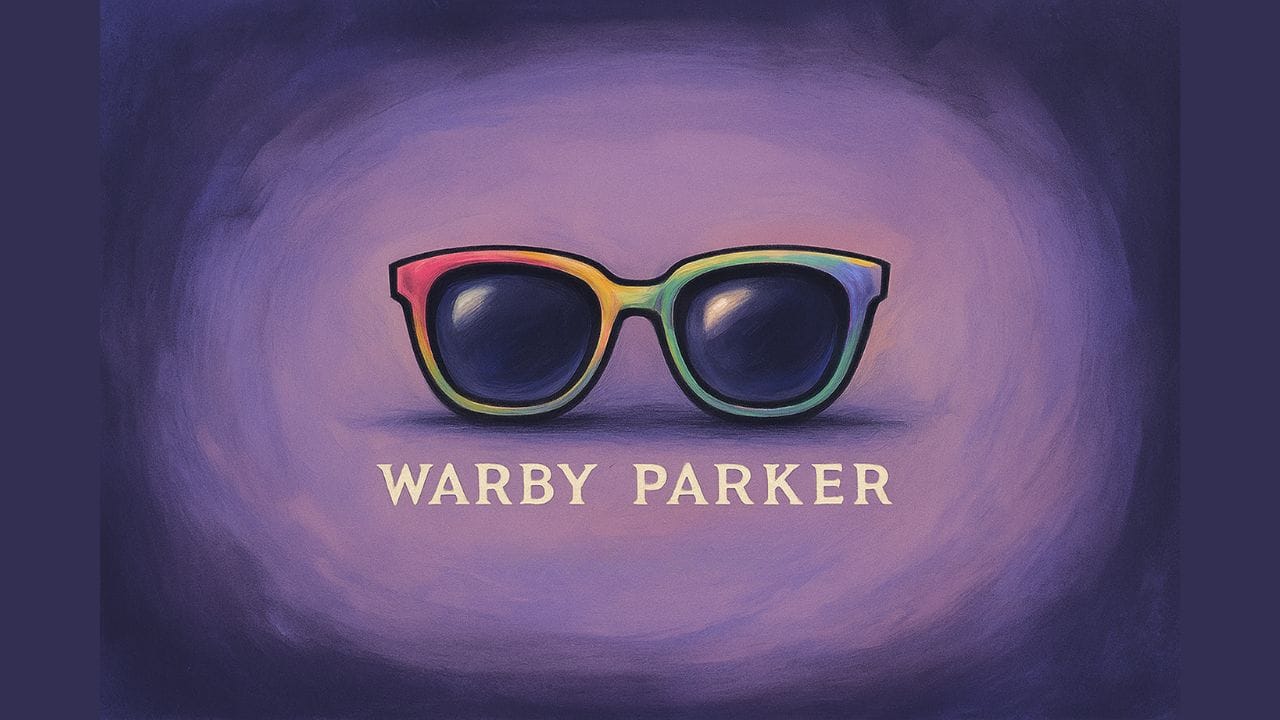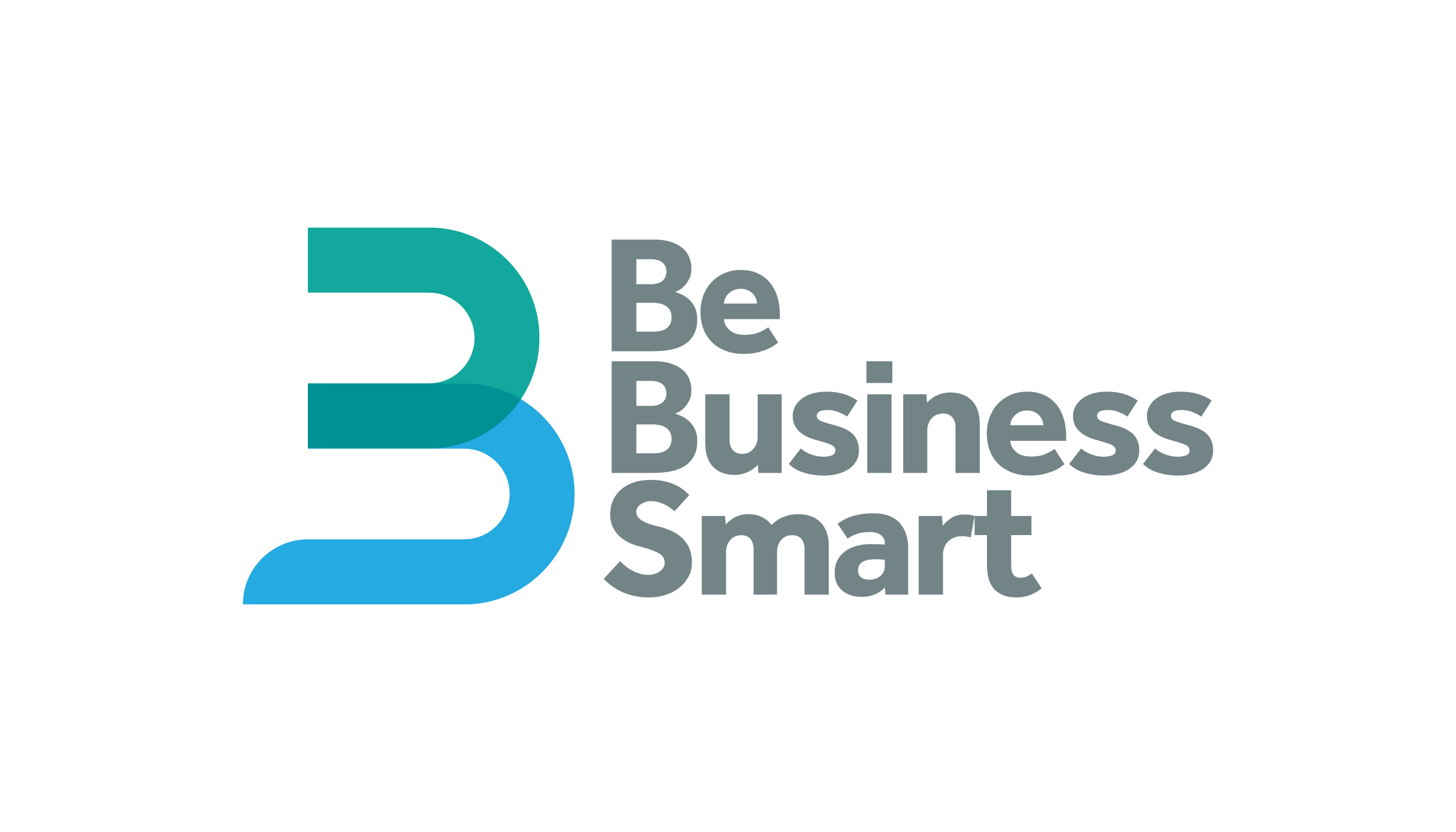How Warby Parker Built Trust With Transparent Pricing
Warby Parker built a billion-dollar brand by showing their prices upfront. Here’s how transparent pricing reshaped the eyewear industry and how you can apply the same strategy to win trust in your business.
When Warby Parker started, the eyewear industry had problems:
- Glasses were too expensive.
- Buying them was confusing.
- People had low trust in the big brands.
Most companies kept their prices secret. They made customers work to get a quote. That made buying slow and frustrating.
Warby Parker took a different path.
What is Warby Parker's Pricing Strategy?
Warby Parker disrupted the $100+ billion eyewear industry by introducing radical pricing transparency: a flat $95 for prescription glasses with no hidden fees.
Launched in 2010, they challenged the opaque pricing model of traditional optical retailers who relied on complex quotes and markups of 10-20x manufacturing costs.
Their strategy combined three key elements: flat pricing ($95 for complete glasses vs. $300-500 industry average), a free Home Try-On program (5 frames shipped at no cost), and zero hidden fees (everything included upfront).
This transparency allowed Warby Parker to build customer trust faster than competitors and grow into a $3+ billion company by 2022.
The core principle: Show your price clearly, explain what's included, and let customers compare without pressure. This approach cut decision time from weeks to days and generated organic word-of-mouth that drove 80% of their early growth.
Business model: Direct-to-consumer (D2C) eliminating middlemen, vertical integration controlling manufacturing, and buy-one-give-one social mission donating glasses to people in need.
Here's exactly how they did it - and what your business can learn...

Why Was Eyewear Pricing So Confusing Before Warby Parker?
Before Warby Parker, many glasses cost hundreds of dollars. Stores marked up frames heavily. Customers didn’t know what they were paying for.
How low trust hurt the industry
Because prices weren’t clear, people often felt tricked. That lack of transparency built doubt and made customers hesitate.
What is Warby Parker's Transparent Pricing Model?
Pricing Comparison: Traditional vs. Warby Parker
| Element | Traditional Eyewear | Warby Parker | Difference |
|---|---|---|---|
| Base Price | $200-500+ | $95 flat | -70% average |
| Price Transparency | Hidden quotes | Shown upfront | Instant clarity |
| Try Before Buy | In-store only | 5 frames shipped free | No pressure |
| Hidden Fees | Common (coatings, cases) | Zero—all included | No surprises |
| Decision Time | Weeks (research + visits) | Days (order online) | 80% faster |
| Markup | 10-20x manufacturing cost | 2-3x cost | Fair margin |
How Does Transparent Pricing Build Customer Trust?
Clarity vs. mystery in marketing
Most eyewear brands relied on mystery. Warby Parker relied on clarity. Customers immediately saw the difference.
How trust speeds up buying decisions
When people feel confident they’re not being tricked, they buy faster. They also recommend the brand to friends.
This is exactly what I discuss in the Trust Ladder framework - trust accelerates buying decisions by moving customers from stranger to client through consistent, transparent actions.
What Results Did Warby Parker Achieve With Pricing Transparency?
Faster customer trust
Buyers trusted Warby Parker quickly because nothing was hidden.
Competitors forced to follow
Other brands had to open up more about pricing to keep up.
A billion-dollar brand built on transparency
What started as a bold idea grew into a billion-dollar business.
Like the Ritz-Carlton's $2,000 rule, Warby Parker empowered their team with clear principles—in their case, radical pricing transparency—that became their competitive advantage and culture.
How Can Your Business Use Transparent Pricing?
Why transparent pricing works beyond retail
Transparency isn’t just for glasses. It works for SaaS, coaching, consulting, and service businesses too.
Small steps to test in your own business
- Post a pricing range (e.g., “Projects start at $3,000”).
- Share what affects the price (time, features, complexity).
- Write content about when your solution is not the best fit.
Most businesses hesitate to show pricing because they fear competition or rejection. But as I explore in why most solopreneurs stay stuck, hiding your value often keeps you invisible - transparency, even with limitations, attracts the right customers.
Turning honesty into a competitive edge
Most businesses hide. The ones who are open stand out. Being clear builds trust—and trust drives sales.
FAQs About Transparent Pricing
What is transparent pricing?
Transparent pricing means showing your costs clearly—no hidden fees, no vague “call for quote” tactics.
Why did it work for Warby Parker?
It made customers feel safe. They knew the cost upfront and didn’t waste time guessing.
Can it work in services or SaaS?
Yes. Service providers and SaaS companies can share packages, ranges, or calculators. Even partial clarity builds trust.
How do you start using it?
Start small. Post a price guide or FAQ page. Even sharing what affects price helps customers feel informed.
How much do Warby Parker glasses cost?
Warby Parker's base prescription glasses cost $95, which includes frames, prescription lenses, anti-reflective coating, and a protective case.
Progressive lenses cost $295, and sunglasses start at $95 for non-prescription. All prices are shown upfront on their website with no hidden fees or surprise charges.
What was the eyewear industry markup before Warby Parker?
Traditional optical retailers marked up frames 10-20x their manufacturing cost, often charging $300-500 for glasses that cost $15-30 to produce.
Luxottica, the dominant player, controlled 80% of major eyewear brands and retail chains, enabling inflated prices with limited transparency.
How did Warby Parker's Home Try-On program work?
Customers select 5 frames online, receive them at home for free, try them on for 5 days, then return all frames in a prepaid box.
This eliminated the pressure of in-store purchases and let customers get feedback from friends and family before deciding, building trust through risk-free trial.
Is transparent pricing only for product businesses?
No. Service businesses, consultants, coaches, and SaaS companies can all use pricing transparency.
Even showing price ranges ($5K-$15K), cost factors (hours, complexity, features), or package tiers builds trust. Customers appreciate knowing ballpark costs before investing time in sales calls.
What Can Entrepreneurs Learn From Warby Parker?
Warby Parker proved that clarity beats mystery.
By being upfront, they built a billion-dollar brand, reshaped their industry, and earned deep trust with customers.
The lesson is simple: people trust the business that has nothing to hide.
Where in your industry could radical clarity give you the edge?
#BeBusinessSmart

